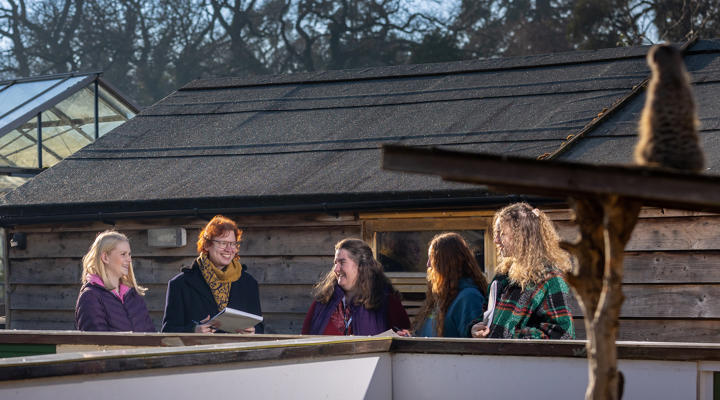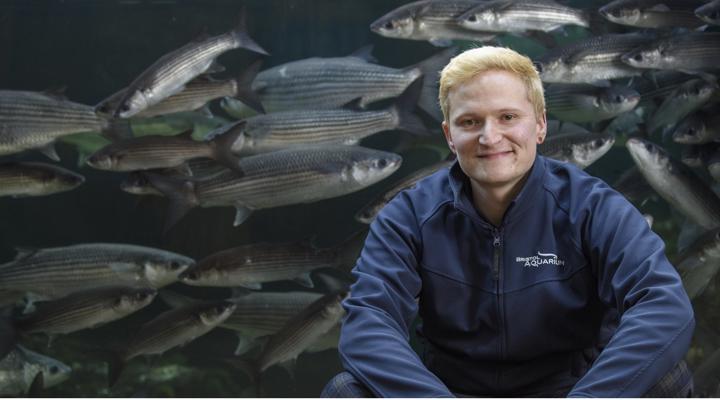At Hartpury, animals are at the heart of everything we do – just like they’re at the heart of your ambitions. Work alongside expert researchers on studies that are transforming how we care for and understand animals.
Get hands-on experience with a wide range of species in our labs, therapy and hydrotherapy centres, and our new Equine and Animal Assisted Activities Area. With over 360 hectares of space to explore, you’ll have everything you need to put theory into practice and graduate ready to make a real difference in the animal world.
Clearing 2025
We're here to help you. Clearing is your chance to study one of our available courses if you don't already have an offer from another university.
Visit our Clearing hub to learn more about Clearing, our degrees, support services, and details on how get in touch with our team to discuss your options.

Find your perfect course
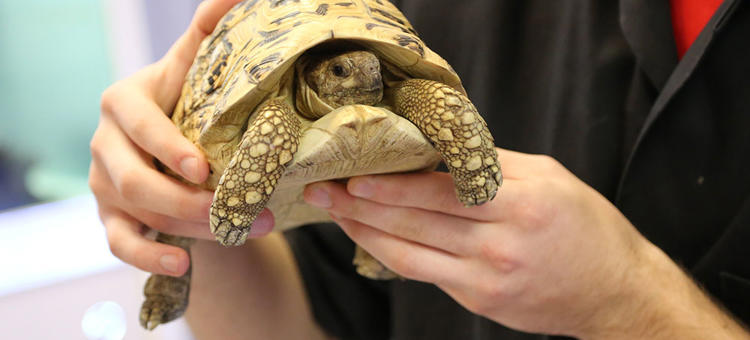
BSc (Hons) Zoology
Immerse yourself in the theory and practical application of zoology, for a fulfilling career conserving the biodiversity of our planet and protecting animal species across the globe.
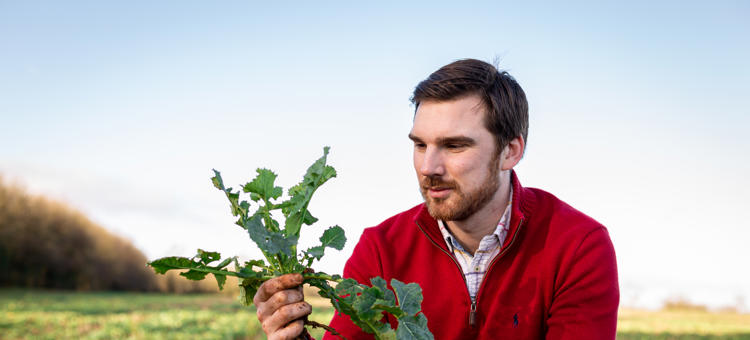
BSc (Hons) Biological Sciences
Develop your scientific knowledge with this BSc (Hons) Biological Sciences degree. You’ll expand your skills inside the laboratory and outside in the field, to prepare for an exciting career in biology.
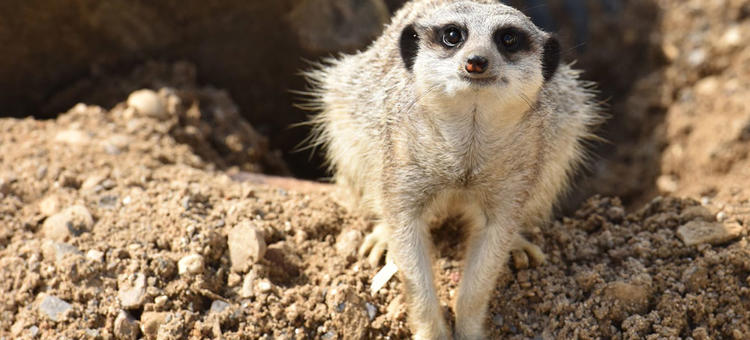
BSc (Hons) Animal Behaviour and Welfare
Love animals? Turn your passion into a rewarding career with our Animal Behaviour and Welfare degree.
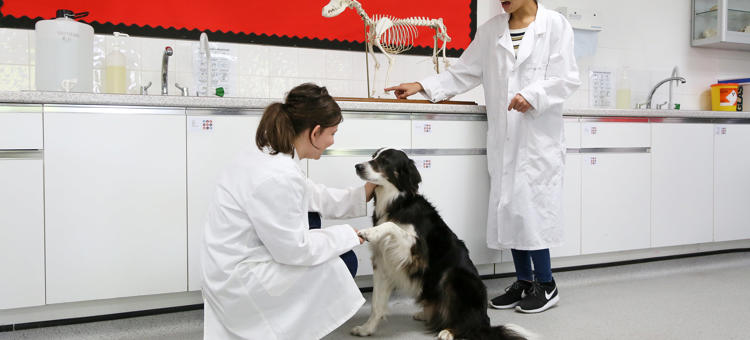
BSc (Hons) Human-Animal Interaction with Psychology
Have you ever wondered why the bond between humans and animals is so special, and so essential? Be part of a degree dedicated to exploring this fascinating connection.
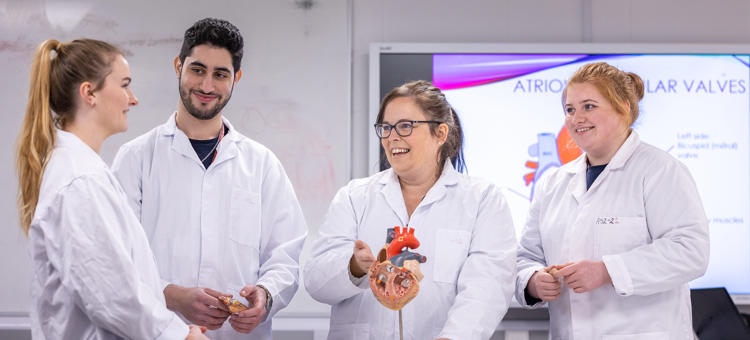
BSc (Hons) Veterinary Biosciences
Passionate about animal biology and curious about health and disease? This degree is your gateway to an impactful career in veterinary science or the wider animal health industry.
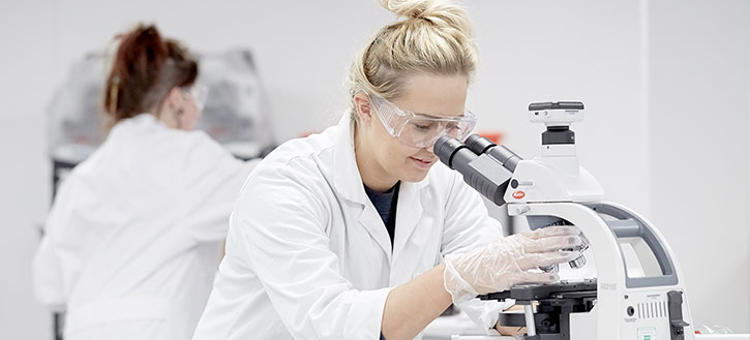
BSc (Hons) Bioveterinary Science
Develop your specialist scientific knowledge with this Bioveterinary degree. Prepare for a veterinary medicine degree or an exciting career within animal science.
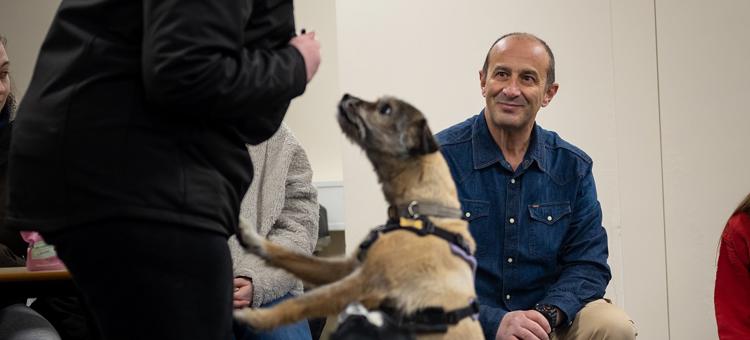
BSc (Hons) Animal Behaviour and Training (Clinical)
Turn your passion for animal training into a rewarding career with our Animal Behaviour and Training (Clinical) degree. You’ll work with our 70-species animal collection, gaining hands-on experience and connecting with leading trainers, scientists, and behaviourists across the UK.

BSc (Hons) Animal Behaviour and Training with Canine (Clinical)
Turn your passion for training animals into a rewarding career with our Animal Behaviour and Training with Canine (Clinical) degree. You’ll gain hands-on experience with our diverse collection of 70 species, including dogs, while connecting with leading trainers, scientists, and behaviourists across the UK.

MSci Veterinary Physiotherapy
Develop an in-depth knowledge and practical skills in Veterinary Physiotherapy and rehabilitation of animals. This programme combines theoretical learning with hands-on experience, allowing you to develop a comprehensive understanding of the profession.

BSc (Hons) Human-Animal Interaction with Psychology (with Foundation Year)
Have you ever wondered why the bond between humans and animals is so special, and so essential? Be part of a degree dedicated to exploring this fascinating connection.
Get in touch

TEF Gold
Our undergraduate provision has been awarded Teaching Excellence Framework (TEF) Gold in all aspects - Overall, Student Experience, and Student Outcomes.

Teaching quality
Ranked in the top 10 universities for teaching quality (The Times and The Sunday Times Good University Guide, 2025).
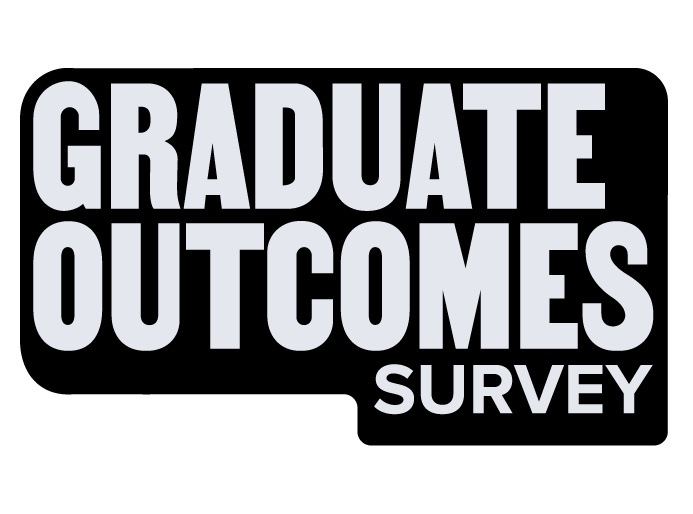
Graduate employability
97% of our graduates are in employment, further study or other purposeful activity (Graduate Outcomes, 2024).
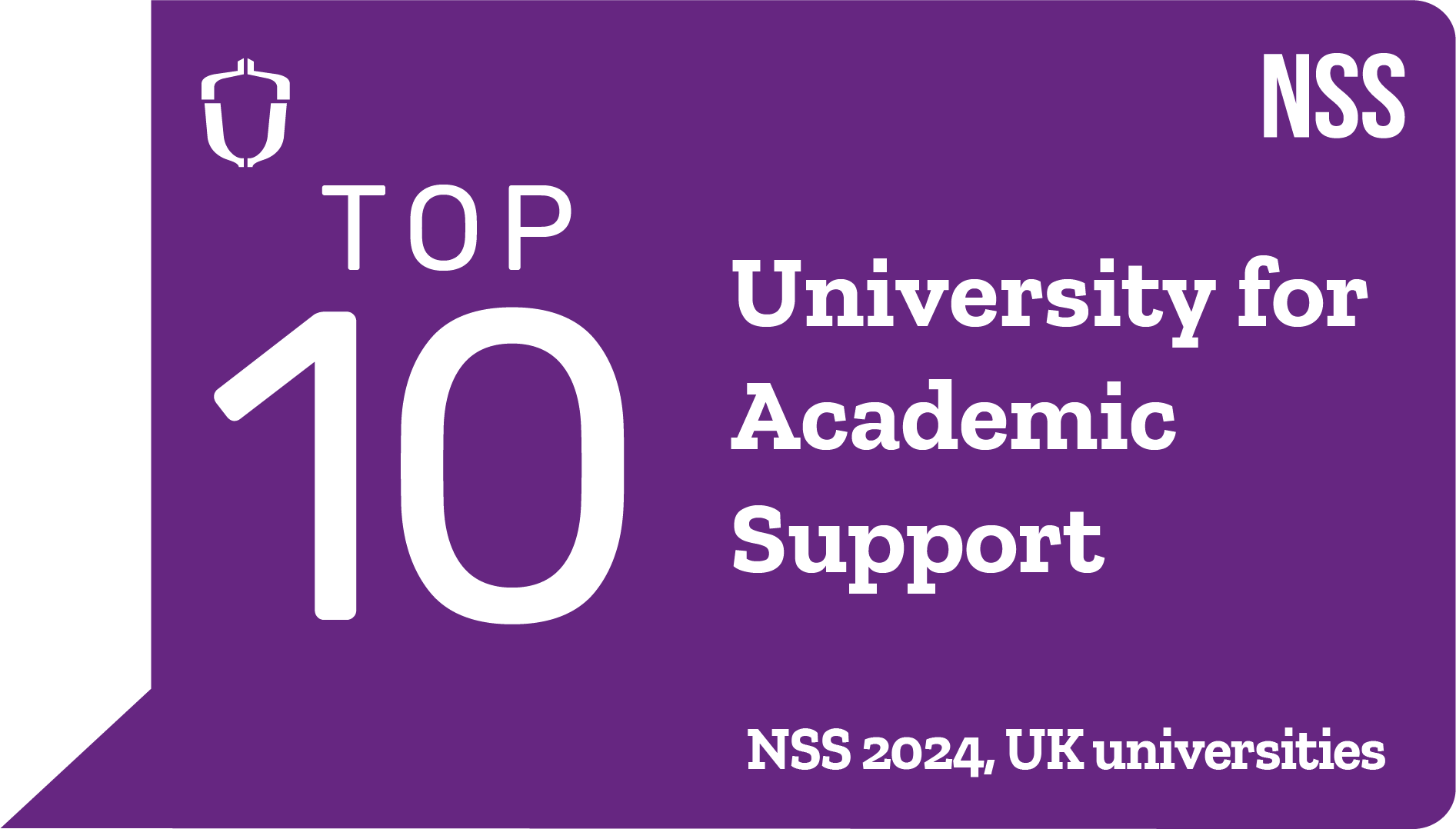
Academic support
We’re a top 10 university for academic support (NSS 2024, UK universities).
Settle into an accommodation option to suit your taste and budget – at Hartpury University, undergraduate students can choose to live on-campus surrounded by Gloucestershire’s beautiful countryside or off-campus in the heart of Gloucester City centre. Enjoy the best of both worlds.
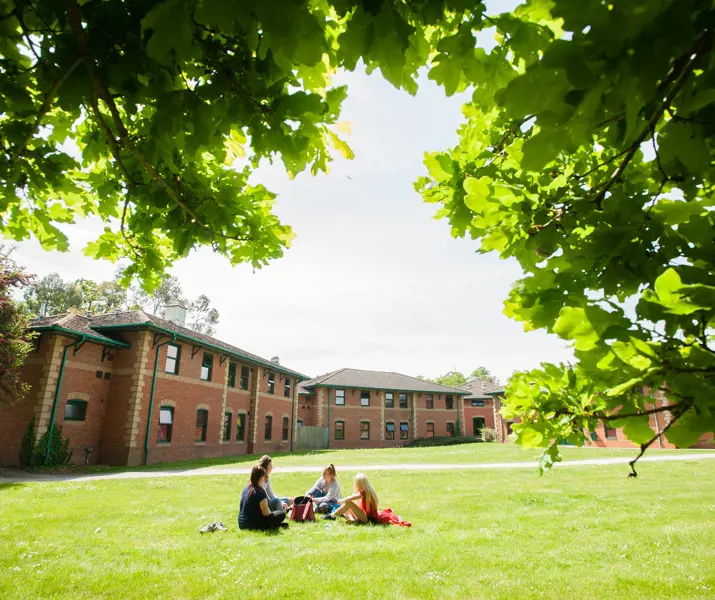
We can help you understand how it all works, and what you need to do next. Find out everything you need to know about tuition fees, student loans and bursaries and scholarships. In 2021/22, we provided assistance to over 1/3 of our students through bursaries, scholarships and grants, totalling a little under £1million.

When you become a student at Hartpury, you become part of our community. As a small university, we provide personalised support based on your individual requirements and aspirations. Our teams cover wellbeing, achievement and success, learning support, careers, and more. From wellbeing, safety and employability, to finance, accommodation and IT, our staff will answer your questions or get you set up with someone who can.

Ready to apply?
Discover everything you need to know about applying to study at Hartpury University. If you need any further support or information, please contact our admissions team.


